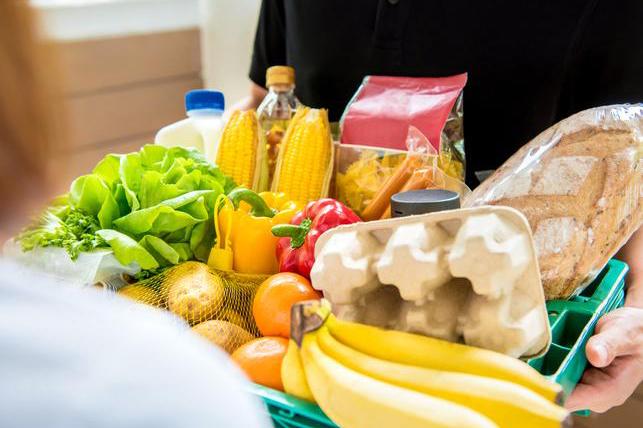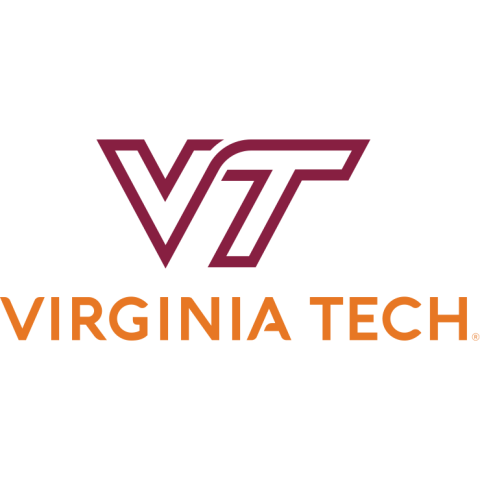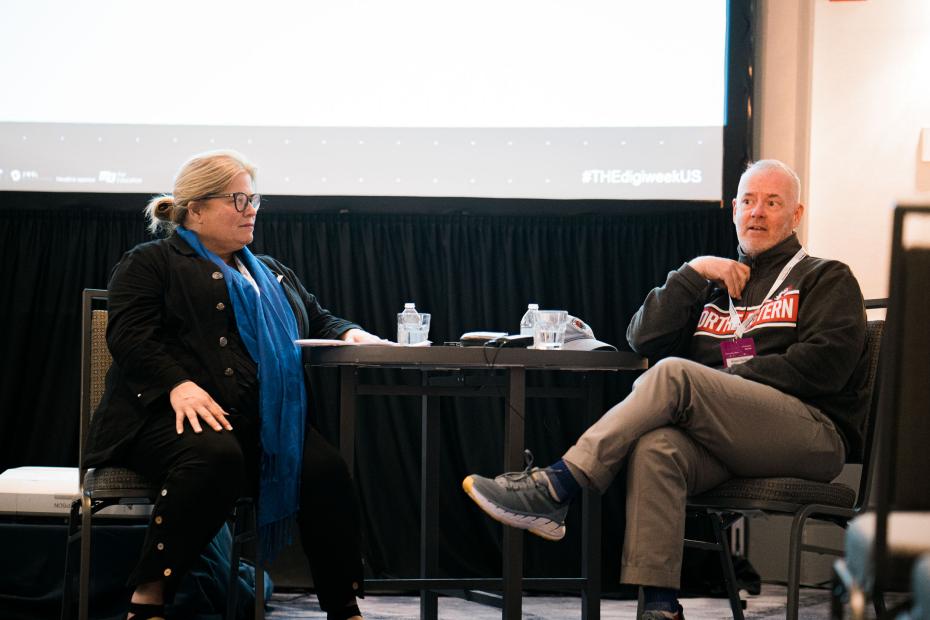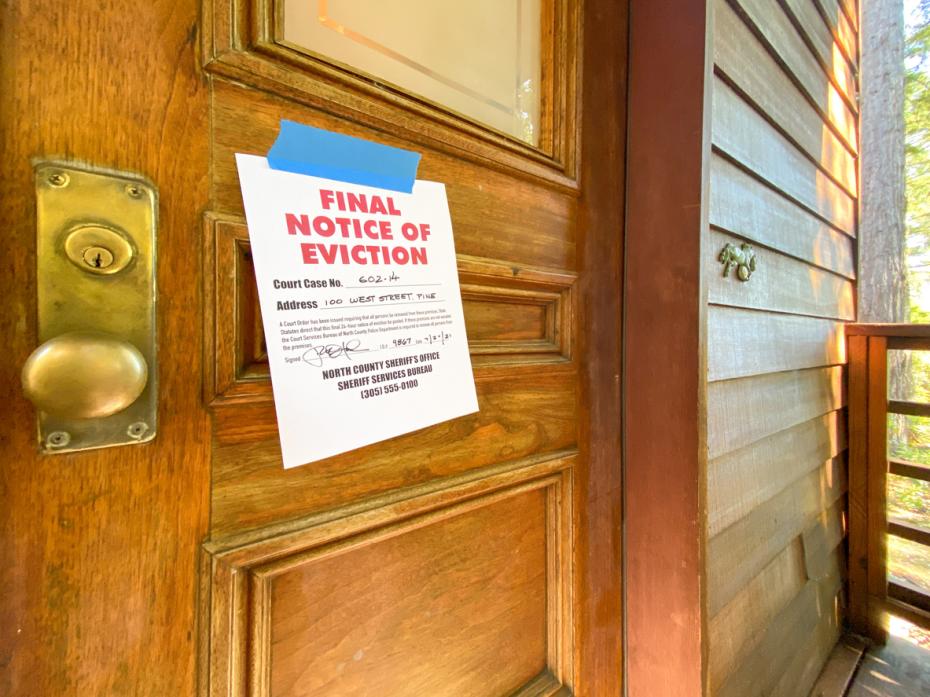
Nourishing bodies and minds: the vital role of a student food pantry
You may also like
Many people assume college students are better off than the population at large – if they can afford a university education, they must be doing well financially. But students are more likely to be food insecure than the general public.
In 2019, Virginia Tech embarked on an eye-opening research study on hunger on campus. At the time, nearly 11 per cent of all US households were food insecure at some point. The Virginia Tech study, released in October that year, showed that a stunning 29 per cent of undergraduates and 35 per cent of graduate students were estimated to experience low or very low food security at some point, with “low food security” defined as reduced dietary quality and “very low food security” defined as disrupted eating patterns and skipped meals.
- Fostering student co-creation to give back to the community
- It’s crucial for universities to bridge the ‘town and gown’ divide
- Twenty per cent of US undergraduates have children – we must do more to support them
Most data on the scope of food insecurity among college students predate the Covid-19 pandemic’s disruptions to higher education and society at large, but the pandemic is widely assumed to have worsened the problem. For example, in 2022, nearly 13 per cent of all US households were food insecure, up 2 percentage points from 2019.
Research links food insecurity to poor academic performance. As assistant director for food access initiatives at Virginia Tech, I am exceptionally aware of the pressing issues that food insecurity presents to students. I have lived experience – I was a financially independent, Pell Grant student at Virginia Tech who struggled with food security. I worked as a student representative on the task force that resulted from the 2019 research on food insecurity. And as a student, I worked at The Market of Virginia Tech through the Federal Work-Study programme.
Food insecurity cuts across backgrounds and university departments
When the 2019 research was published, Hema and Mehul Sanghani, both graduates of Virginia Tech, were profoundly moved by the sheer numbers of how many Virginia Tech students were grappling with a lack of food security. They donated $1.5 million (£1.2 million) in seed money and partnered with the university to launch The Market of Virginia Tech.
Food security cuts across backgrounds and can be found in every college and department here at Virginia Tech. Nonetheless, the 2019 study found that certain segments of the campus community were disproportionately affected by low or very low food security status. These include Black and Hispanic students, students with Pell Grants or financing that requires repayment, and students with disabilities.
Moreover, it’s poignant that so many graduate students are affected by it; many are international students, who often come here with dependants, and international students make up 56 per cent of the food service’s customers enrolled for full-service pick-ups.
A community-based approach of convivial respect and service
“We believe the university has collective responsibility to ensure that no student at Virginia Tech goes hungry or is unable to access nutritious foods, and to create a community that nurtures learning and growth for all of its members,” noted Ralph Hall, professor of urban affairs and one of the lead faculty for the 2019 study.
This community-based approach, with its underpinnings of service – Virginia Tech’s motto is Ut Prosim (That I May Serve) – influenced how the university set up the market service. Its success rests on a few key points:
- The market offers different levels of assistance, including the “grocery store” model for full-service market pick-ups, open market hours and pop-up shops. Full-service market pick-ups are for students who are enrolled in the programme – presently 115 students. Students arrive during pick-up hours and shop for their preferences once per week. They can take as many produce, grains and shelf-stable items as they like. The market plays a pivotal role in giving enrolled students a nutritious and reliable food supply so they can focus on their studies and improve their well-being.
- It caters to varied dietary requirements. Students can select from dairy and meat options as well as non-dairy or non-meat food and preparation preferences such as halal.
- Open market hours and pop-up shops allow any Virginia Tech student (not just those on the programme) to choose shelf-stable items year-round. This support – the result of a sizeable family donation – enables students to allocate their limited resources to other critical needs while ensuring they do not compromise on nutrition. It also allows for evolving or seasonal needs.
- Beyond offering sustenance, the market fosters a sense of community and support among students. It creates a safe space where students can access necessities without stigma or judgement. Through volunteer opportunities and engagement with peers, it cultivates a culture of empathy and solidarity within the campus community. Students see the same friendly peers from week to week; the atmosphere is convivial, supportive and engaging with music and welcoming conversation in ready supply.
- The Market of Virginia Tech also uses university and local resources for sustainability and university ecosystem synergies. For example, meat is largely sourced from the Virginia Tech Meat Center. This helps educate students on responsible consumption and sustainability, empowering them to make informed choices about their food intake and lifestyle.
Plans for the future
Students have enthusiastically responded to The Market of Virginia Tech, as evidenced not only by use data but also by overwhelmingly positive feedback. We anticipate the urgent need for food pantry resources to continue long into the future.
The market model presently is limited by cold storage availability – for meat and produce – and by funding. We rely on donations for funding, and our space does not allow for significant expansion. We are actively working on solutions to both constraints and expect to have news in the near future.
Isabelle Largen is assistant director for food access initiatives at Virginia Tech.
If you would like advice and insight from academics and university staff delivered direct to your inbox each week, sign up for the Campus newsletter.
Additional Links
For more advice and resources on this topic, go to our Spotlight collection Helping students through the cost-of-living crisis.




